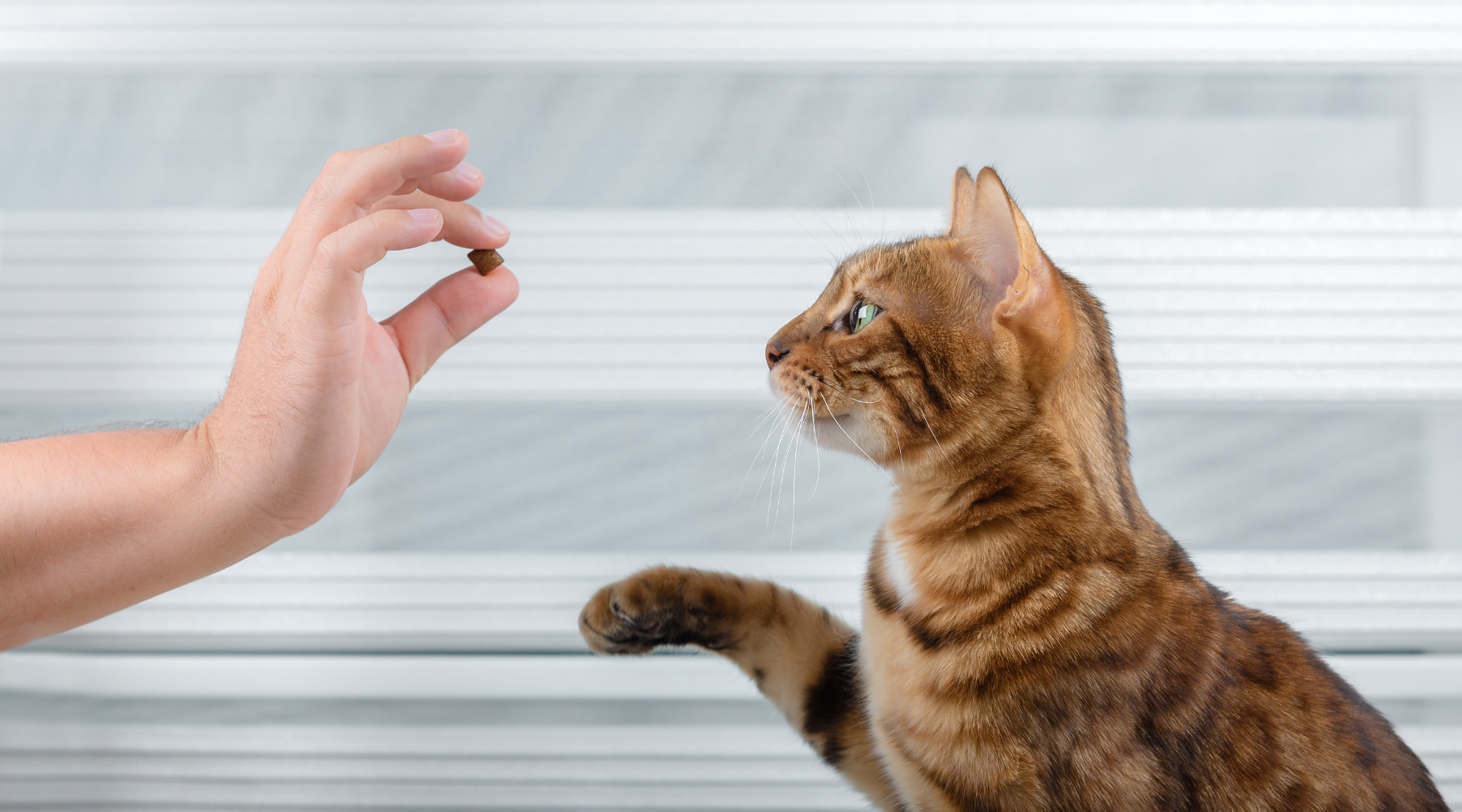
Health and Wellness: Ensuring Your Cat's Well-being
Owning a cat is a rewarding experience, but it also comes with significant responsibilities. Ensuring your feline friend remains healthy and happy requires a proactive approach to their health and wellness. This article explores key aspects of cat care, including recognizing signs of common illnesses, dental care tips, the importance of regular vet check-ups, and additional important topics.
Recognizing Signs of Common Cat Illnesses
Cats are known for their stoic nature, often hiding symptoms of illness until the condition becomes severe. As a cat owner, it's crucial to be vigilant and recognize the early signs of common cat illnesses.
1. Upper Respiratory Infections (URIs):
Symptoms include sneezing, nasal discharge, coughing, and decreased appetite. URIs are often caused by viruses like feline herpesvirus or calicivirus.
2. Feline Lower Urinary Tract Disease (FLUTD):
Look for signs like frequent urination, straining to urinate, blood in the urine, and urinating outside the litter box. FLUTD can be life-threatening and requires immediate veterinary attention.
3. Hyperthyroidism:
Common in older cats, symptoms include weight loss despite increased appetite, hyperactivity, and excessive drinking and urination.
4. Diabetes:
Symptoms include increased thirst and urination, weight loss, and lethargy. Managing diabetes in cats involves a combination of diet, exercise, and insulin therapy.
5. Kidney Disease:
Symptoms include increased thirst and urination, weight loss, and poor coat condition. Chronic kidney disease is common in older cats and requires long-term management.
Dental Care for Cats: Tips and Tricks
Good dental hygiene is essential for your cat's overall health. Dental disease can lead to serious health issues, including heart and kidney problems. Here are some tips to maintain your cat's dental health:
1. Regular Brushing:
Ideally, you should brush your cat’s teeth daily. Use a cat-specific toothbrush and toothpaste. Start slowly and be gentle to get your cat used to the process.
2. Dental Treats and Toys:
Provide dental treats and toys designed to reduce plaque and tartar buildup. These can be a supplementary method to keep your cat’s teeth clean.
3. Professional Cleanings:
Schedule regular dental check-ups with your vet. Professional cleanings under anesthesia may be necessary to remove tartar and prevent dental disease.
4. Monitor for Signs of Dental Problems:
Watch for bad breath, drooling, difficulty eating, and red or swollen gums. These can be signs of dental disease that require veterinary attention.
The Importance of Regular Vet Check-ups for Cats
Regular veterinary check-ups are crucial for early detection and prevention of health issues. Here’s why you should never skip these visits:
1. Early Detection of Illness:
Regular check-ups allow for early detection of illnesses that might not show obvious symptoms. Early treatment can prevent complications and improve outcomes.
2. Vaccinations:
Keep your cat up-to-date with vaccinations to prevent diseases like rabies, feline leukemia, and distemper.
3. Parasite Control:
Regular vet visits help ensure your cat is protected from fleas, ticks, and worms. Your vet can recommend the best preventive measures.
4. Senior Cat Care:
As cats age, they require more frequent vet visits to monitor for age-related health issues such as arthritis, diabetes, and kidney disease.
Nutrition: Feeding Your Cat for Optimal Health
Proper nutrition is a cornerstone of feline health. Here are some guidelines to ensure your cat receives a balanced diet:
1. High-Quality Food:
Choose a high-quality commercial cat food that meets the nutritional standards set by AAFCO (Association of American Feed Control Officials). Look for foods that list meat as the first ingredient.
2. Portion Control:
Obesity is a common issue in cats and can lead to various health problems. Follow feeding guidelines and adjust portions based on your cat’s age, weight, and activity level.
3. Hydration:
Ensure your cat has access to fresh water at all times. Wet food can also help maintain hydration levels.
4. Special Diets:
Some cats may require special diets due to health conditions like kidney disease or allergies. Consult your vet to determine the best diet for your cat’s specific needs.
Mental and Physical Stimulation: Keeping Your Cat Engaged
Mental and physical stimulation are essential for your cat’s overall well-being. Here are ways to keep your cat active and engaged:
1. Interactive Play:
Use toys like laser pointers, feather wands, and puzzle feeders to provide physical exercise and mental stimulation.
2. Scratching Posts and Climbing Trees:
These not only help maintain your cat's claws but also provide necessary exercise and a sense of territory.
3. Environmental Enrichment:
Create a stimulating environment with plenty of hiding spots, perches, and windows for your cat to observe the outdoors.
4. Routine and Consistency:
Cats thrive on routine. Regular feeding, playtime, and quiet time help reduce stress and promote a sense of security.
Conclusion
Caring for your cat's health and wellness involves recognizing signs of illness, maintaining good dental hygiene, scheduling regular vet check-ups, providing proper nutrition, and ensuring mental and physical stimulation. By being proactive and attentive, you can ensure your feline friend enjoys a long, healthy, and happy life.
Disclaimer
The information provided in this article is for educational purposes only and is not a substitute for professional veterinary advice. Always consult your veterinarian for any concerns about your cat's health.



Leave a comment
This site is protected by hCaptcha and the hCaptcha Privacy Policy and Terms of Service apply.